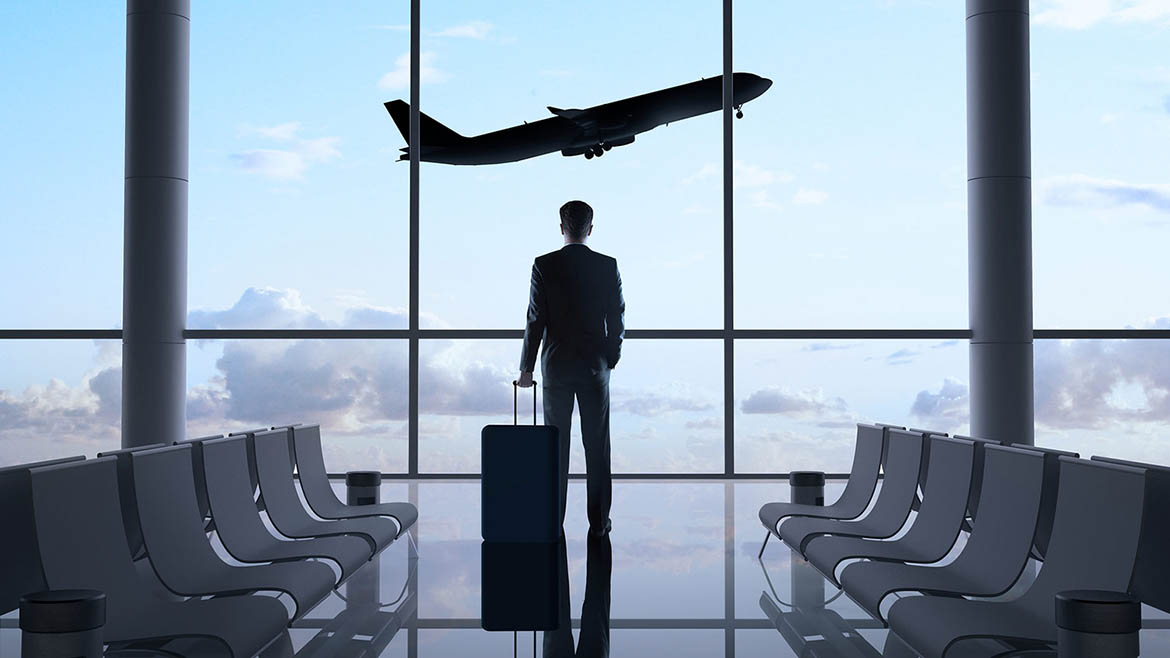The travel and hospitality industry has always been dynamic and resilient, constantly adapting to changing consumer preferences and market conditions. However, the COVID-19 pandemic has presented an unprecedented challenge to the sector, forcing businesses to reevaluate and reimagine the future of travel and hospitality. In this blog, we will explore the new normal in travel and hospitality, discussing the opportunities and challenges that lie ahead.

Opportunities in the New Normal
-
Digital Transformation: The pandemic has accelerated the adoption of digital technologies in travel and hospitality, providing guests with a more seamless and secure experience. Booking platforms, virtual reality tours, and online check-ins are becoming more commonplace, while artificial intelligence (AI) is being used to personalize services and predict consumer behavior.
-
Flexible Travel Plans: In the post-pandemic era, travelers are opting for more flexible travel plans, including last-minute bookings, short-term rentals, and more. This trend provides hospitality businesses with opportunities to attract spontaneous bookings and offer alternative accommodation options.
-
Health and Safety Protocols: The emphasis on health and safety has never been greater, creating opportunities for hotels and resorts to differentiate themselves through robust hygiene and safety measures. Wellness tourism, in particular, is on the rise, with many hotels offering spa treatments and fitness facilities to promote health and well-being.
Challenges in the New Normal
-
Prolonged Recovery: The pandemic has dealt a heavy blow to the travel and hospitality industry, with many businesses facing extended closures and financial losses. While some sectors have bounced back relatively quickly, others are still grappling with the impact of the pandemic, resulting in a prolonged recovery period.
-
Consumer Confidence: Despite the industry’s efforts to adapt and innovate, some travelers remain hesitant to return to pre-pandemic levels of activity. Building consumer confidence is essential for the sector’s recovery, requiring continued investment in safety measures, transparent communication, and positive guest experiences.
-
Environmental Impact: As the industry recovers, it must also address the environmental impact of increased tourism activity. Sustainable tourism practices, including waste reduction, carbon neutrality, and responsible destination management, have become essential for maintaining a positive image and building a sustainable future.
In conclusion, the new normal in travel and hospitality brings both opportunities and challenges. To thrive in this environment, businesses must embrace digital transformation, offer flexible travel plans, prioritize health and safety protocols, and build consumer confidence. At the same time, they must be mindful of the environmental impact of tourism and work towards sustainable practices to ensure a positive future for the industry.
